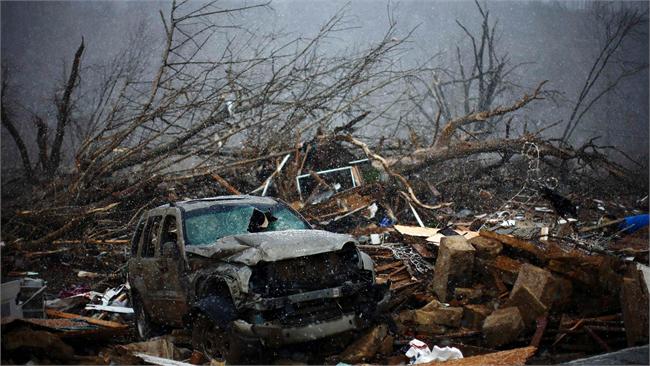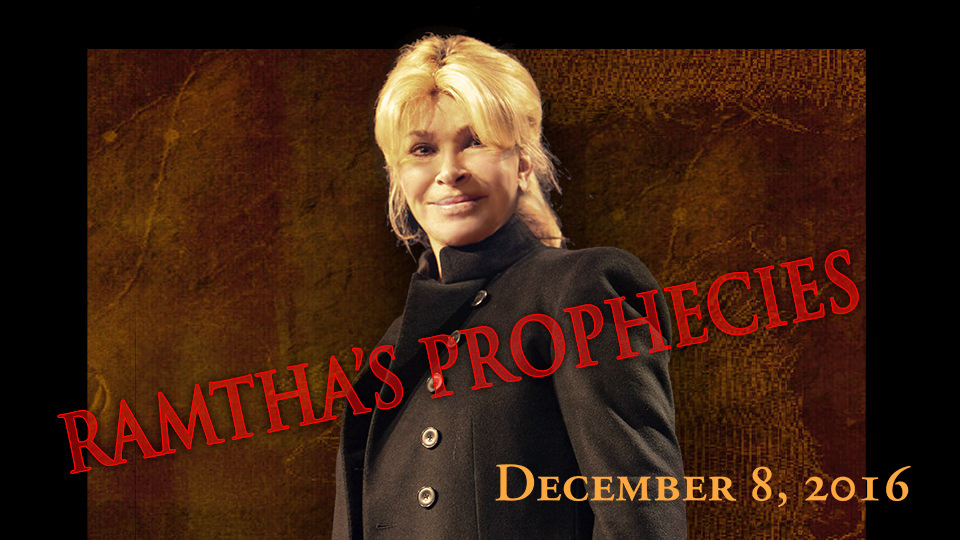“Disaster-proofed homeowners aren’t sweating Sandy”

Reuters: Eric Thayer, storm dammage
“Sometimes called “preppers”, this particular kind of safety-conscious homeowner is becoming more and more prevalent in today’s anxious and storm-tossed world.”
“Valerie Dziengiel isn’t worried one bit [about Hurricane Sandy].
That’s because Dziengiel, for the last 11 years, has lived in “survivalist luxury” in the Connecticut woods with her husband, Walter, a homebuilder. They have a flood-proof basement, backup power systems and freezers full of food. The worst thing that might happen as Sandy rampages: They’d lose their cable television.
‘We’re not concerned about this storm at all,’ says Dziengiel. ‘We are totally self-sufficient.’
Dziengiel, 63, isn’t an AK-47-clutching survivalist kook in some militia camp. She’s just a particular kind of safety-conscious homeowner – and in today’s anxious and storm-tossed world, there seem to be more of them than ever.
‘Interest in having a safe retreat with survival resources and features has grown in recent years'” says Walt Molony, spokesman for the National Association of Realtors.
Folks attracted to those aren’t necessarily members of a survivalist cult. They are more like grown-up Boy and Girl Scouts who want to be ready for anything.
‘You want to prepare appropriately for the disasters you might face, rather than the zombie apocalypse or the hippies from California invading your house,’ says Edward Richards, a professor at Louisiana State University law school and a public health expert.
When Richards and his wife, Kate Rathbun, built their Baton Rouge home in 2002, they paid extra to have an internal room – the laundry room – bolstered with extra studs and plywood wrapping. Should tornadoes threaten or hurricanes start tossing trees around, they know they have a safe haven.
They also paid to reinforce the roof. Because they were building a brand new house at the time, it cost them less than $500 for those improvements. Later they added a backup generator that ties directly into their natural gas line.
There’s no way to measure demand for so-called doomsday real estate, but you can get a sense of the niche market by talking to companies that benefit from the surge in safety products.
Generator manufacturer Generac Holdings, for instance, recently had to raise sales guidance for the third time this year. The Waukesha, Wisconsin, company now forecasts annual sales growth of over 30 percent.
Home security firm ADT is reporting 8 percent year-over-year growth in customers, and Virginia Beach-based shelter provider Hardened Structures says business is up 15 percent this year over 2011.
‘There’s been a dramatic rise in the number of people looking at this,’ says Ernst Kiesling, a professor of civil engineering at Texas Tech University and executive director of the National Storm Shelter Association. Many of the association’s 35 member firms have seen at least a 40 percent increase in business since the tornadoes that ravaged the Midwest in 2011. ‘They had a backlog of several months,’ Kiesling says.
People preoccupied with this kind of security are ‘usually called ‘Preppers,’ and they’re 98 percent of my business,’ says Chris Walsh, a broker with Revolutionary Realty in Coeur d’Alene, Idaho, whose own home is off the grid thanks to a combination of solar and wind power. ‘If things go bad, they want to be in a place with less people in it, not in New York or Detroit or L.A. They worry about things like water, food, shelter, heat, and security – in that order.’
Richards sees the movement as community focused. In the event of a hurricane or other emergency, neighbors who have extra food, generators and the like can help out other neighbors who don’t.”
“In fact, survivalist amenities appeal to some homeowners so profoundly that a couple of TV shows on the subject have sprouted up: Doomsday Preppers on the National Geographic Channel and Doomsday Bunkers on Discovery.”
‘You could put all the most expensive things in the world into your property,’ says Valerie, preparing to hunker down as Hurricane Sandy heads north. ‘But if something happens and all of a sudden you don’t have heat or hot water, you’ll be sorry,'” quoting Chris Taylor for Reuters (Additional reporting by Michelle Conlin).
Read more



